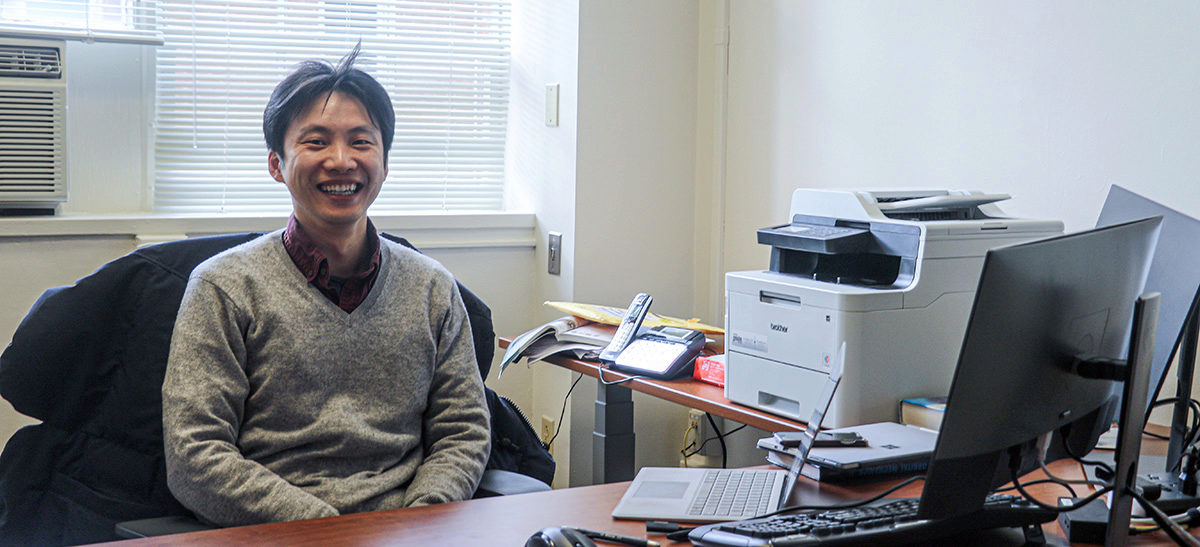
A five-year, $500K National Science Foundation CAREER grant is supporting aerospace engineering professor Koki Ho's bid to reduce the impact that uncertainty has on the successful functioning of long-term, large-scale, complex systems.
Think: Setting up a colony on the moon. Meeting world-wide food, water, and energy needs.
Ho's research proposal, "Designing Flexible Complex Systems with Coupled and Co-Evolving Subsystems under Operational Uncertainties," seeks to create new engineering design methodologies that can be used to make large-scale systems more adaptable to change and less susceptible to uncertainties that play out over time. Central to his work will be a study of the staged deployment of coupled subsystems, a move that is expected to enhance flexibility and mitigate uncertainties.
Ultimately, Ho sees this work as supporting a broad range of industries - public infrastructure, healthcare, and defense - that are typically impacted by high development costs and large operational uncertainties. Chief among those beneficiaries is space mission logistics - a massively complex undertaking that involves multiple interdependent subsystems. As humans seek to establish a sustainable presence on the Moon and beyond, Ho points out, the engineering systems that support that effort will have to adapt and function in environments that are rife with uncertainty.
"We will formulate a design optimization problem for in-space infrastructure systems considering the uncertainties in demand, budget, and technology performance," said Ho. "With the constructed formulation, we will apply our proposed methodology to demonstrate its validity for the flexible coordinated in-space infrastructure deployment design."
Developing a sustainable engineering framework is at least as important as the space missions that it will support. Ho will invest heavily in an analysis of coupled subsystems to create a computationally efficient framework. They will investigate the concept of staged deployment and establish new fundamental theory and methods for rigorous and scalable bottom- up design of flexible complex systems. The proposed staged-deployment design methodology is expected to be particularly powerful for the complex large-scale engineering systems that consist of many coupled subsystems with long service lives while subject to future uncertainties.
"We have a critical open research question: how can one design the flexible complex system with coupled subsystems and a staged deployment plan in a rigorous and scalable way?," said Ho. "This problem is extremely challenging due to its prohibitive computational complexity and thus is largely unexplored. "
Ho's Space Systems Optimization Group will begin working on this project in July.